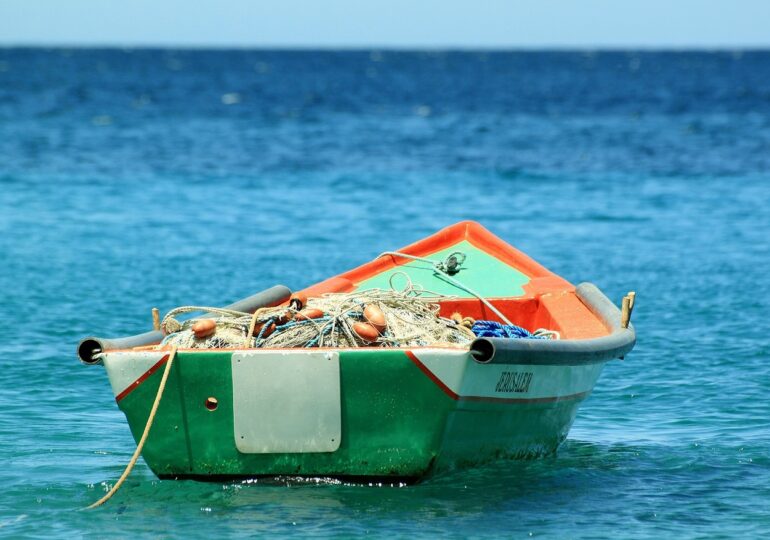Authorities have decided to ban the fishing of mussels, rapana, and clams after specialists detected the presence of toxic algae in the Black Sea.
The measure was imposed by the Sanitary-Veterinary Directorate of Constanța, following the sampling of multiple areas indicating that the sea water could have a level of toxicity due to the appearance of phytoplankton.
"Phytoplankton consists of all algae, generally microscopic, living in the water mass. Some of these algae can indeed secrete phycotoxins, which in the Black Sea have not reached dangerous levels. We do not have eminently toxic algae," stated biologist Răzvan Popescu-Mirceni for Ziua de Constanța.
The measure of banning the collection of shellfish is applied preventively until analyses on mollusks are conducted, as there may be a possibility of infestation. Shellfish fishing is restricted in Zones 3 and 4 of the Black Sea, between Baia Mamaia and Vama Veche, as communicated by the representatives of the Sanitary-Veterinary Directorate of Constanța.
"This phytoplankton acts as a sort of alarm signal. Like a trigger. If it exceeds certain values, there is a possibility, but not a definite confirmation, that we would have biotoxin in the mollusk. (...) We cannot know for sure yet, which is why we have stopped fishing until we conduct this test, called biotoxin," stated Corina Ivanciu from the Sanitary-Veterinary Directorate of Constanța.
The National Agency for Fishing and Aquaculture (ANPA) has intensified checks at sea to ensure compliance with the harvesting suspension in Zones 3 and 4, namely Baia Mamaia - Agigea and Mangalia.
"We have joint missions with the Public Health Directorate, and in the past days, yesterday, and in the following days, we will continue these measures and will not stop only at sea. We will monitor all landings of these species under the scope of this measure imposed by the Sanitary-Veterinary Directorate, both at the commercial units," conveyed Gabriel Popescu, the head of ANPA Constanța.
Owners of fish markets in Constanța question the results of the Sanitary-Veterinary Directorate and request a reanalysis of the samples, as reported by the mentioned publication.
"The Sanitary-Veterinary Directorate sent a notice to the fishing sector that the fishing of shellfish and rapana is prohibited in Zones 3 and 4 classified in the Black Sea, as analyses have been conducted and it seems that there are certain exceedances endangering human health. (...) It seems that they were not fully analyzed because there is no functional laboratory in Romania to conduct complete analyses, which is why we came up with a solution - we discussed with the Sanitary-Veterinary Directorate to perform analyses in other EU countries, especially in Bulgaria, as it is the nearest country with an accredited laboratory," said Sorin Mănăilă, the owner of a fish market on the coast.
"Normally, two samples should have been analyzed, but it was done at only one laboratory because, from what I understand, there is no longer a functional second laboratory in Romania. And that is a big problem. Fishermen will soon go bankrupt because rapana and mussel were an important resource for the economic activity of fishermen," he added.
The only place along the seaside where the fishing of crustaceans has not been banned is now Zone 2, located between Midia and Tulcea.

